PHOTOS COURTESY OF LAPIERRE MCGREGOR FOR TRUE COLORS DIGITAL
By MICHELLE HOLLINGER
Special to South Florida Times
MIAMI – As the first in her family to graduate college, Tina Brown realized the experience is a game changer.
“It took for me to get a college education to know that is the future of my kids. When you grow up in a family where that has never happened, it’s sort of, you just don’t know and your family continues in that cycle,” Brown said.
Her goal as the executive director of the Overtown Youth Center is to continue pushing its students to have game-changing experiences.
She explained that college is one, but not the only, post-high school goal presented to OYC students. The program boasts a 100 percent high school graduation rate for its students; and 85 percent attend college, vocational school, enter the workforce or the military, Brown explained.
Of the 7.3 million full-time undergraduates attending four-year public and private nonprofit institutions in the U.S., about 20 percent are the first in their families to go to college, according to a UCLA survey.
Brown recognizes college is not for everyone. “It’s not really all about college, it’s about attaining a level of education so you can have a productive life, so whether that’s college or vocational or the military or knowing that there are so many options out there.”
Her path to leadership at OYC included college, an accounting degree and employment in corporate America. Because she’s always been “destined to serve,” in 2005, when the chance to take her accounting degree back to her hometown community as OYC’s finance director came, she jumped at it.
“I grew up in Overtown, I would just love to work in Overtown. I had a lot of great memories that really helped shape the woman I am today,” she told the friend who informed her of the opening.
From there, becoming OYC’s leader and its most conspicuous success story seemed like a natural progression.
“I definitely have a love for the children in this community because they remind me so much of myself and my friends,” she said. It is a love that also extends to adults.
“While I understand the struggle of many parents in this community, I know that they need just as much love as our young people. I really love the kids and the parents because they go hand in hand.”
Brown, 43, became the center’s leader in 2010 when its founder, Alonzo Mourning, promoted her from interim to permanent executive director. Since then, she said her most significant accomplishment has been “ensuring that this program is fiscally sound.”
“I’m extremely proud about that,” Brown said, adding that the center’s vibrancy is not exclusive to its finances. “We’ve created a program and an atmosphere and a culture in which people really desire to support financially. It is almost without fail when people come to visit the OYC, they are compelled to give. I had a lot to do with creating a culture where people can feel the work that we do.”
The woman she credits with impacting her most significantly is her mother, Barbara McBride.
“My mom, she didn’t have a whole lot and wasn’t highly educated but she instilled some things in me that helped me want to give the way that I do, to serve the way that I do, and the work ethic that I entail, a lot of that comes from her.”
She has no plans to leave anytime soon, however, whenever her work with OYC is over, Brown said, “I’d like to leave a legacy of quality programming that is replicable, sustainable and at the end of OYC, I want to know that I’ve personally had a lot to do with a number of young people going on to be successful.”
The massive redevelopment occurring in Overtown is a powerful example of what’s at stake.
“I think that the work that we do here at OYC prepares young people for this changing community. When someone is telling you that education is important, and when they hope to expose you to different opportunities so that you can attain economic mobility in this community, you’re going to be able to afford to stay in this community,” she explained.
She wants the black community to know it can “change the narrative of our community.”
“It is our responsibility as African Americans to take care of our own community. We have to develop a mindset of collective impact, philanthropy, volunteerism and charitable work,” Brown said. “Often … people don’t know how they can fit into this space, but … getting involved, becoming mentors, volunteering and dedicating some of their time and their resources in helping our young people and helping our community at large would make a huge difference.”

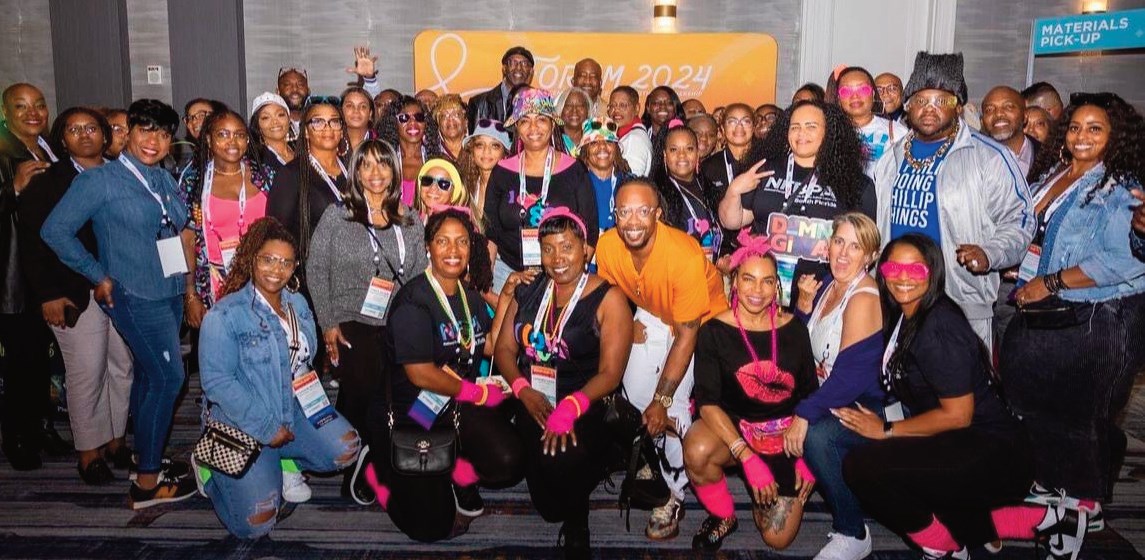
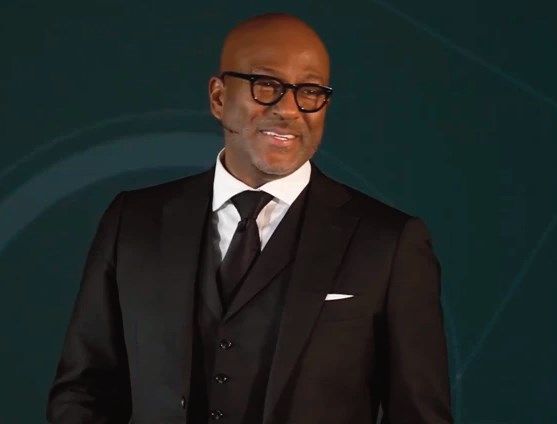



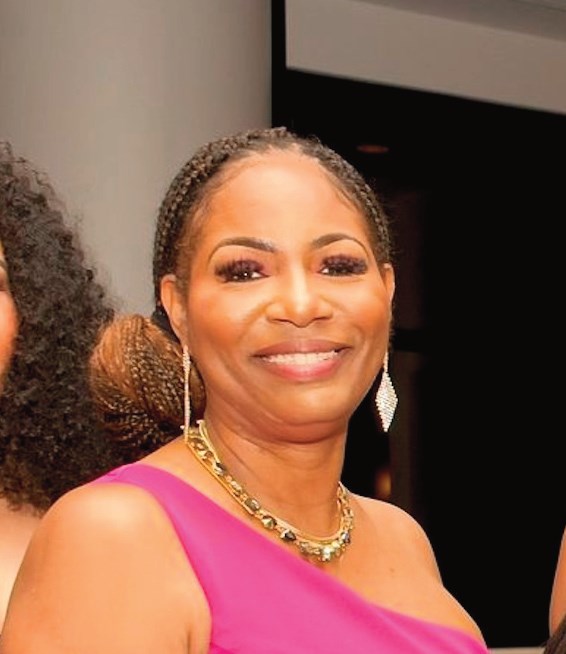
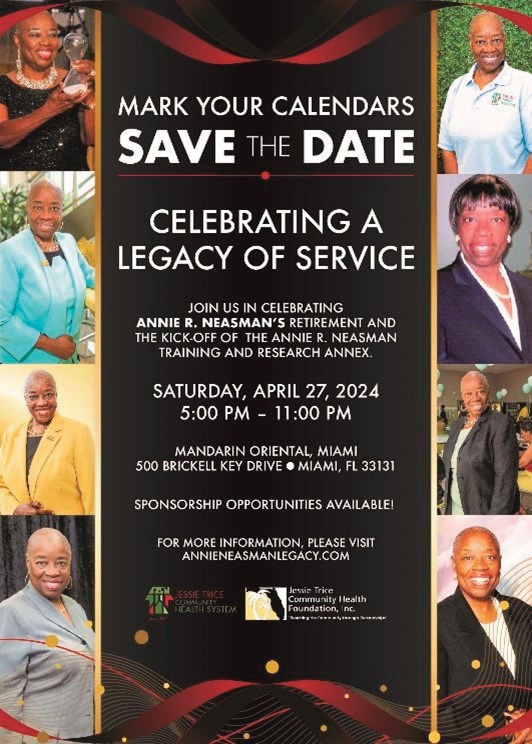
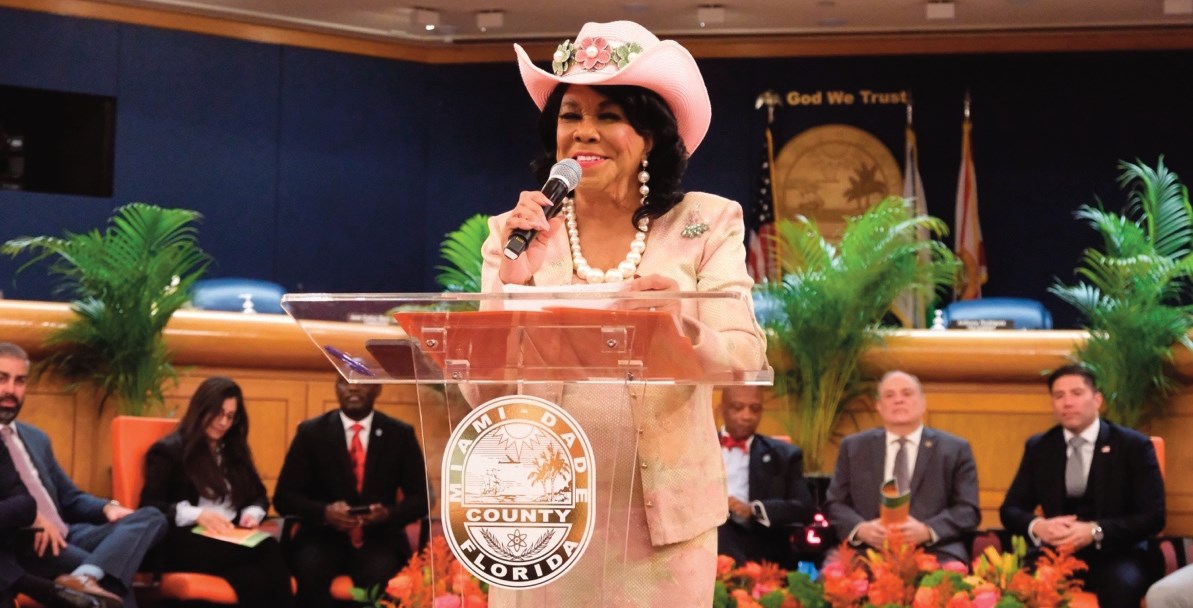

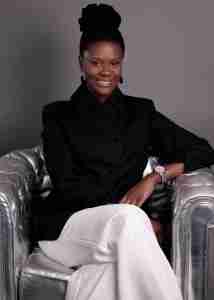



No Comment